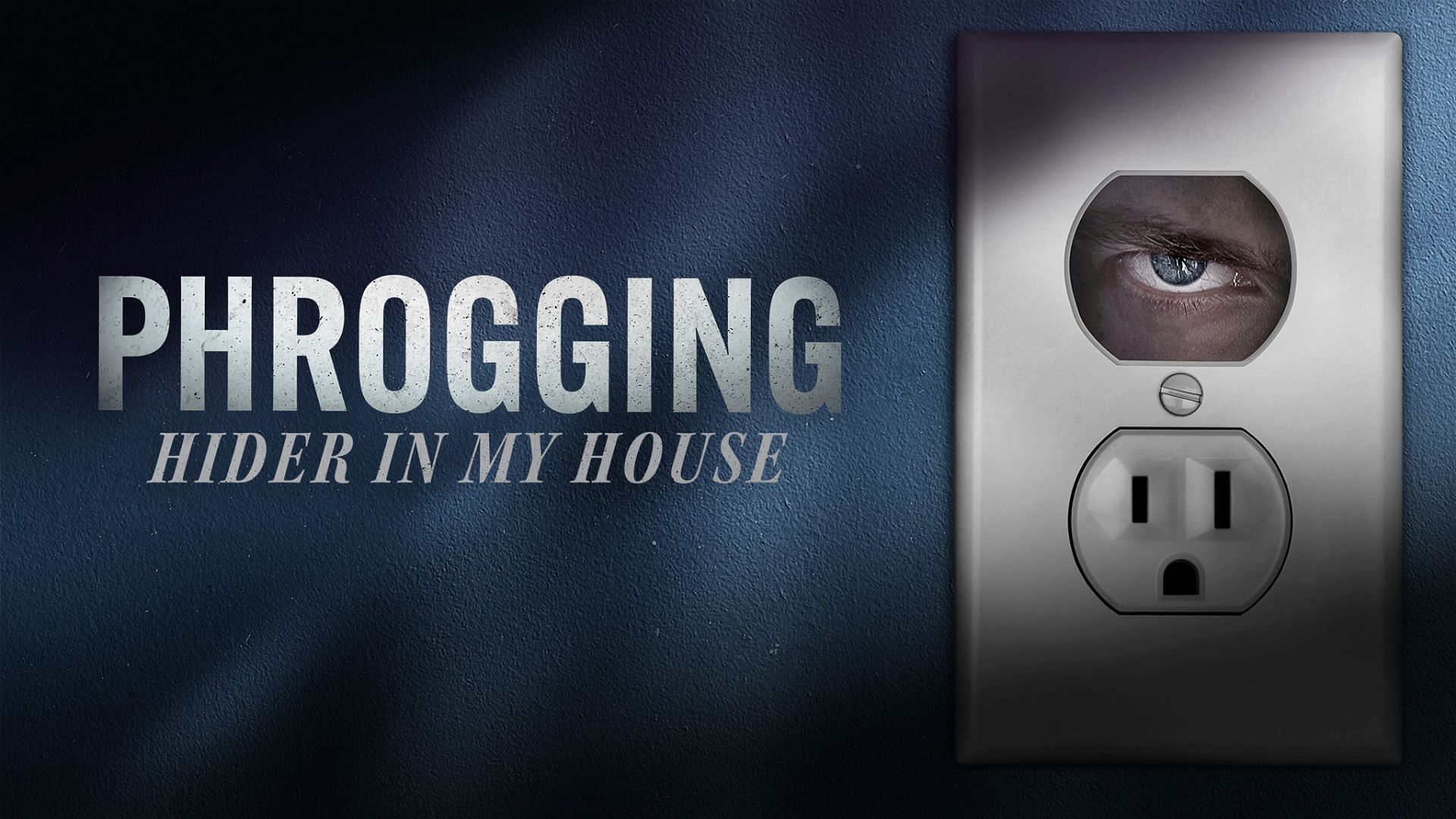Envision finding that someone has been privately living in your home without your knowledge. That unnerving sensation is called "phrogging meaning" (pronounced “frogging”). The term derives from the notion of a "frog" clicking from one place to some other, as phroggers frequently occupy various properties briefly while remaining undetected. While it may seem like something out of a fear film, phrogging is just a real and increasingly described issue.

What Is Phrogging?
Phrogging describes the act of some one privately surviving in another person's home, on average without their consent or awareness. A phrogger might stay in concealed areas such as for example attics, basements, get spots, spare areas, or even underneath furniture. They rely on the homeowner's neglect to check these areas, usually moving in and out stealthily to avoid detection.
Phroggers don't tend to keep in one place for long. That transient conduct means they usually go unseen for long times, employing their host's food, energy, and different methods without permission.
Why Is Phrogging on the Increase?
While formal data on phrogging is bound, historical evidence and media studies suggest an increase in such cases. A combination of facets has contributed to the trend:
• Financial hardship has remaining several people fighting homelessness, leading some to seek abnormal shelter.
• Bigger, multi-story domiciles frequent in today's suburbs give sufficient covering locations for would-be phroggers.
• Homeowners' increasing dependence on digital products like smart locks and movement detectors may unintentionally cause neglect of periodic, physical inspections of their homes.
How exactly to Protect Your Home
To guard your self and your home from phrogging, consider these safety recommendations:
1. Normal Inspections
Accomplish schedule checks of your property's less frequented areas, such as attics, basements, and storage spaces. These areas tend to be prime areas for concealment.
2. Use Detective Cameras
Mount security cameras in and about your home. Cameras with movement detection may attentive one to suspicious activity, even yet in low-traffic areas.
3. Protected All Access Factors

Secure windows, doors, and any extra entrances to prevent unauthorized access. Guarantee spare secrets are hidden safely or entrusted and then people you trust.
4. Keep Observant
Look closely at strange signals like food going lacking, upset items, or unusual noises. These can show someone is remaining in your home.
While phrogging may seem like an unusual occurrence, its rise underscores the significance of heightened house awareness. By keeping wary and taking hands-on steps, you are able to significantly minimize the chance of encountering this unsettling danger.
